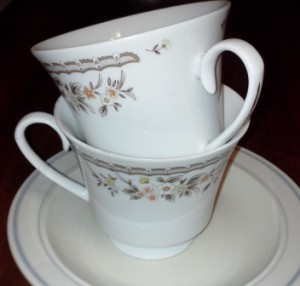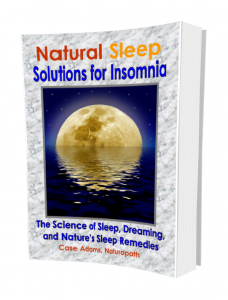Caffeine Alters Estrogen in Women
Drinking coffee might boost a woman’s estrogen levels. Or it might also reduce estrogen levels. This depends upon ethnicity.
In this article
Altering estrogen with caffeine
A new study sponsored by the National Institutes of Health has found that consuming 200 milligrams of caffeine per day or more significantly alters estrogen levels among premenopausal women.
Surprisingly, the effect of caffeine varies to ethnicity as well as the source of caffeine.
The research followed 259 healthy pre-menopausal women through two menstrual cycles. The researchers analyzed the blood together with 24-hour dietary recall, sleep, exercise and other lifestyle factors. The analysis adjusted the final results to weight and age.
The research found that consuming 200 milligrams of caffeine a day or more increased estrogen levels among Black and Asian women, while it lowered estrogen levels among Caucasian women. The most significant change in estrogen was among the Asian women.
200 milligrams of caffeine is equivalent to approximately two cups of coffee.
Various caffeine sources
In the study, published in the American Journal of Clinical Nutrition, caffeine intake came from coffee, tea and soda. While the overall results were consistent among those who drank coffee, those whose caffeine sources came from tea and caffeinated soda had higher estrogen levels – and this was among all the ethnic groups.
As an overall group, the women consumed an average of 90 milligrams of caffeine per day – equivalent to about one cup of coffee. This was less than the current national average of caffeine intake equivalent of 1-1/2 to two cups of coffee per day among U.S. women between 18 and 34 years old.
Caffeine can affect ovulation or menopause
While estrogen changes have affected ovulation in animal studies, there was no evidence that the estrogen changes affected ovulation in the study – though the ability to test this was limited.
The researchers concluded that: “Moderate consumption of caffeine was associated with reduced estradiol concentrations among white women, whereas caffeinated soda and green tea intakes were associated with increased estradiol concentrations among all races.”
Caffeine can affect ovulation. For example, a 2016 study from the Eunice Kennedy Shriver National Institute of Child Health and Human Development in Maryland tested this with 259 women. They tested women through two menstrual cycles and considered self-reported coffee or other caffeine intake during the period. The researchers found that those who consumed more caffeine showed reduced testosterone levels and changes in their ovulation cycles. The most alteration from caffeine came among Asian women.
The more concerning aspect here is the effect upon women who are undergoing perimenopause. During this time, estrogen levels are important, and low estrogen or artificially high estrogen levels can have consequences relating to menopause symptoms. Symptoms such as night sweats, insomnia, mood swings and bone issues can become more prevalent if estrogen levels are swinging. When estrogen levels are boosted from caffeine, for example, there may be a resulting fall in estrogen when the caffeine wears off. Or induced lower levels of estrogen can also be problematic for menopause.
The study was led by Karen C. Schliep, Ph. D. of the University of Utah, Salt Lake City. Another of the study’s authors, Enrique Schisterman, Ph.D., is a leading researcher at the Eunice Kennedy Shriver National Institute of Child Health and Human Development (NICHD). Dr. Schisterman commented on the study:
“The results indicate that caffeine consumption among women of child-bearing age influences estrogen levels. Short term, these variations in estrogen levels among different groups do not appear to have any pronounced effects. We know that variations in estrogen level are associated with such disorders as endometriosis, osteoporosis, and endometrial, breast, and ovarian cancers.”
REFERENCE:
Schliep KC, Schisterman EF, Mumford SL, Pollack AZ, Zhang C, Ye A, Stanford JB, Hammoud AO, Porucznik CA, Wactawski-Wende J. Caffeinated beverage intake and reproductive hormones among premenopausal women in the BioCycle Study. Am J Clin Nutr. 2012 Feb;95(2):488-97.
Schliep KC, Schisterman EF, Wactawski-Wende J, Perkins NJ, Radin RG, Zarek SM, Mitchell EM, Sjaarda LA, Mumford SL. Serum caffeine and paraxanthine concentrations and menstrual cycle function: correlations with beverage intakes
and associations with race, reproductive hormones, and anovulation in the BioCycle Study. Am J Clin Nutr. 2016 Jul;104(1):155-63. doi:10.3945/ajcn.115.118430.
















